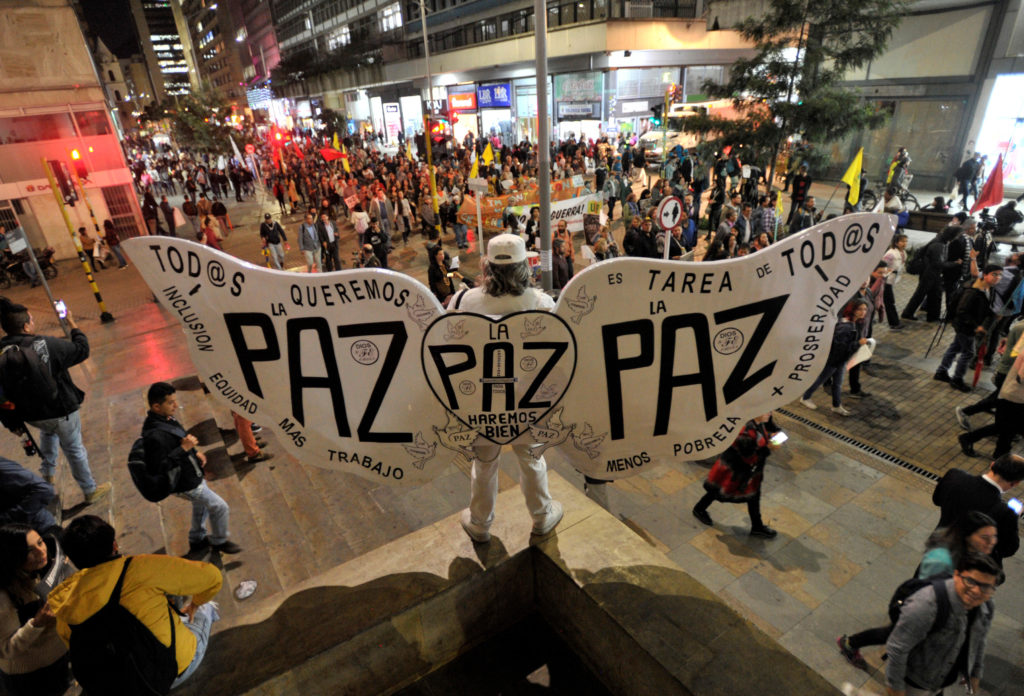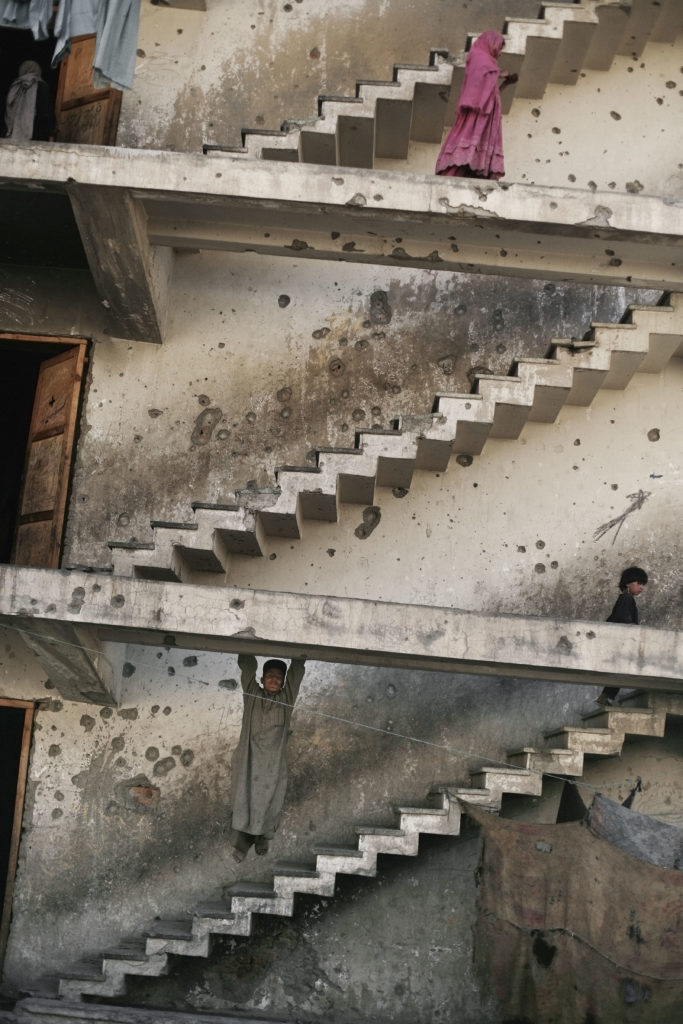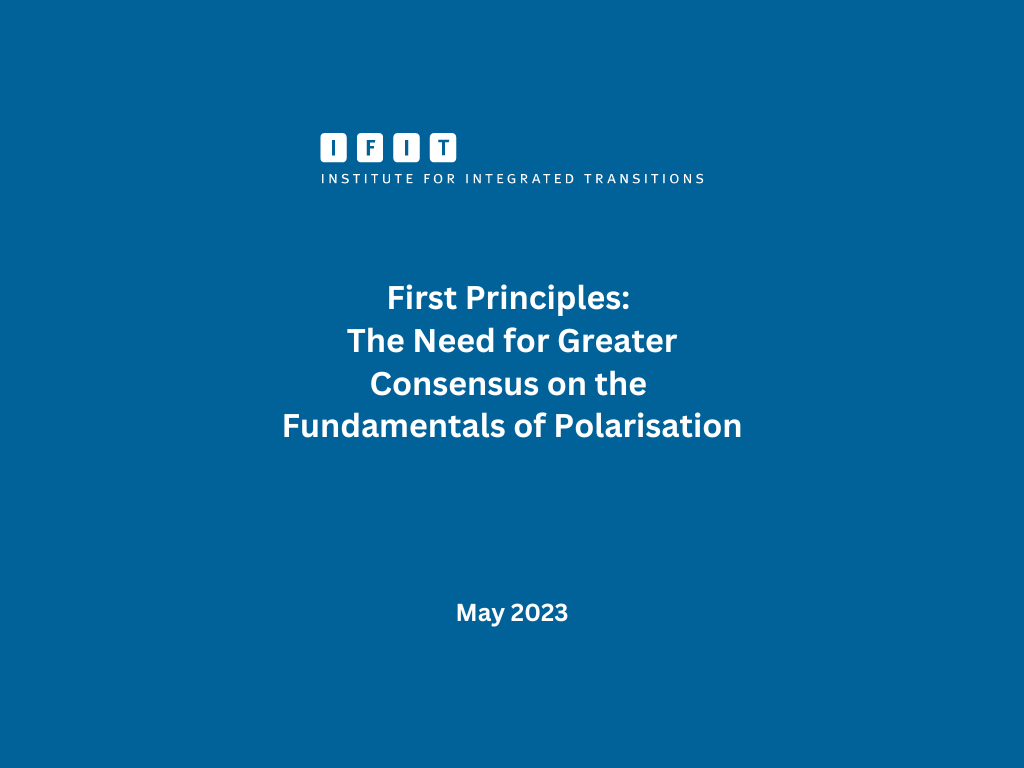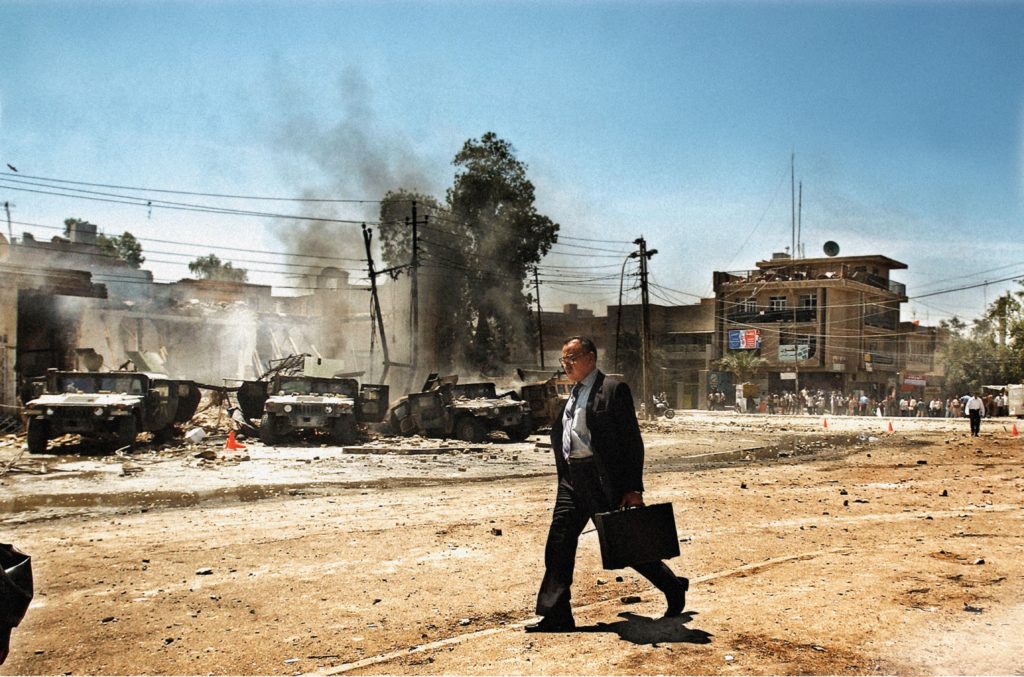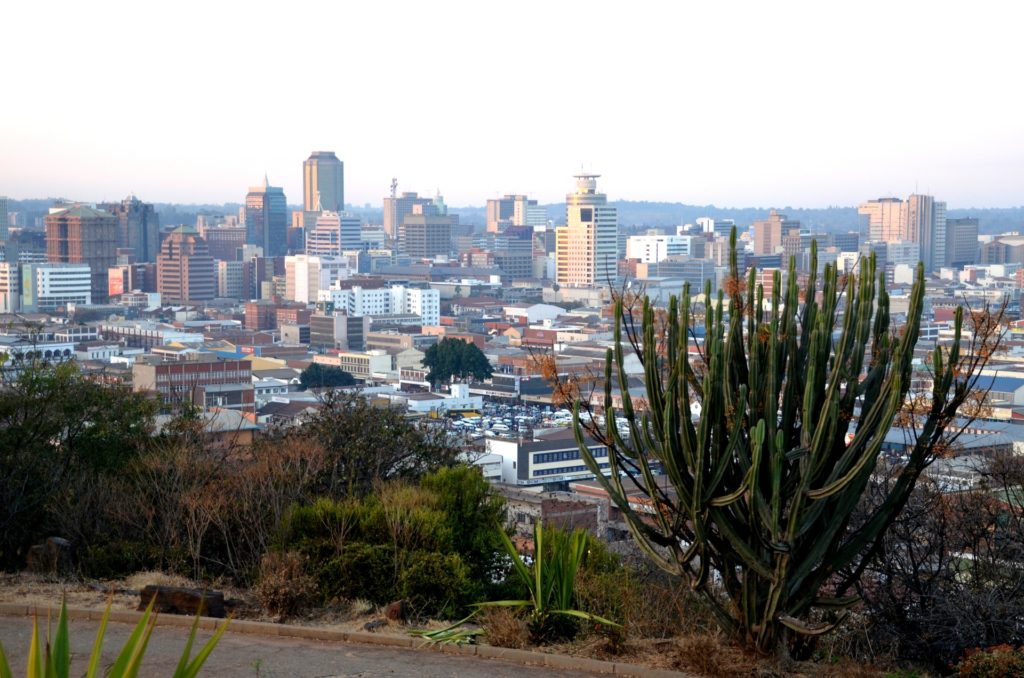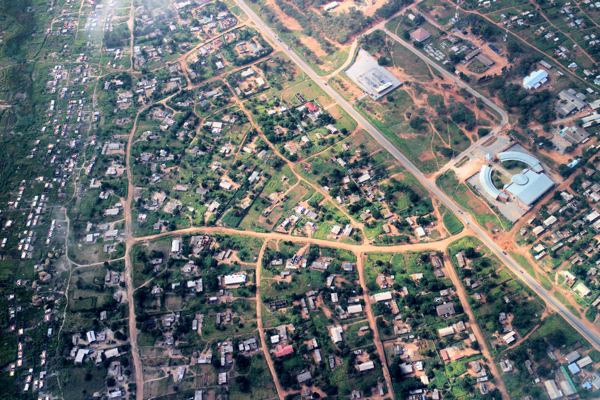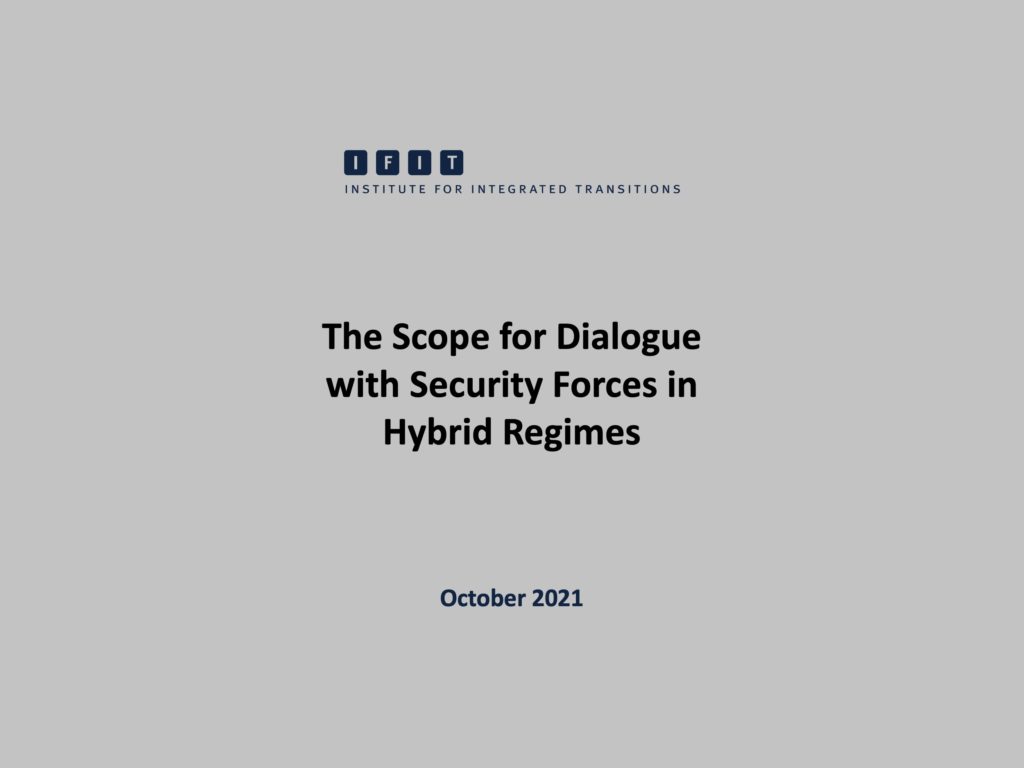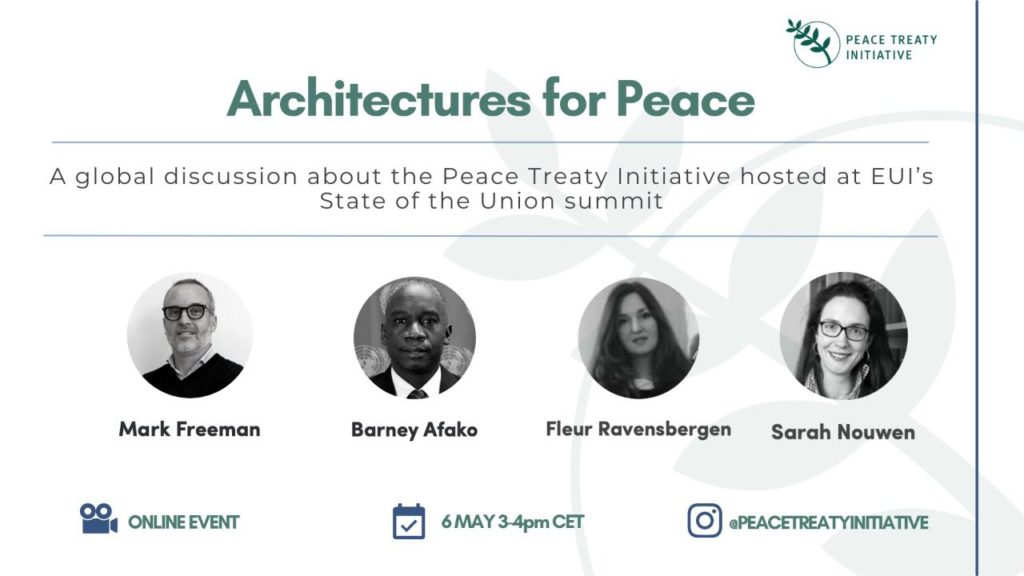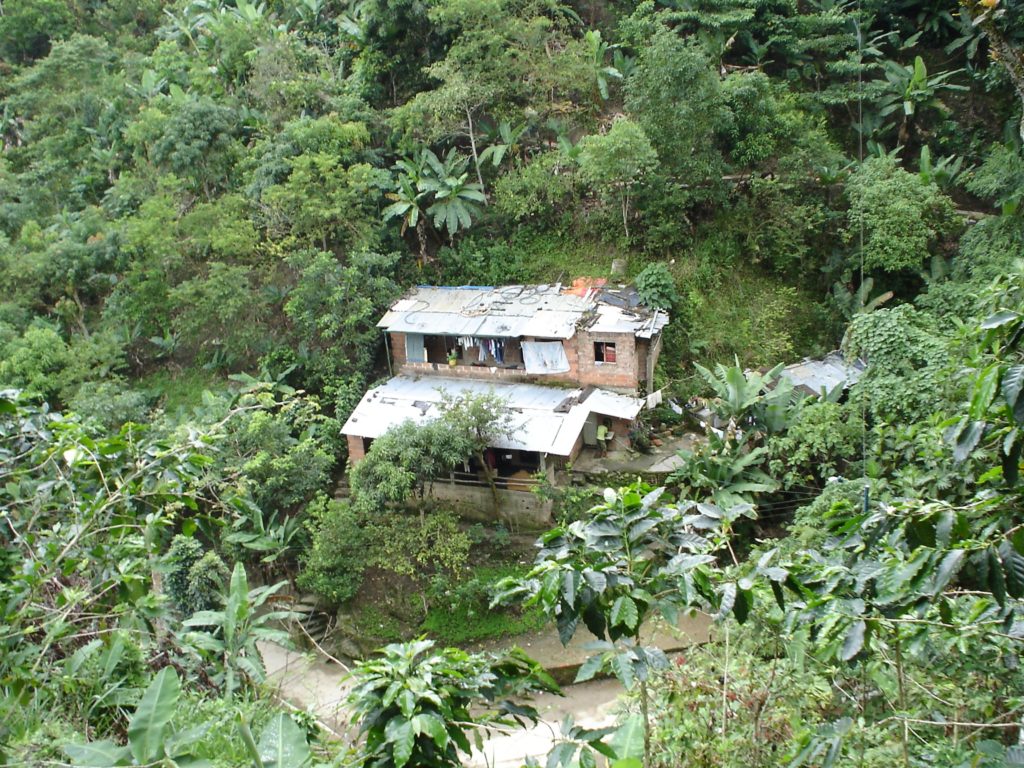Expert Team: Staff
María del Pilar Barbosa is an Associate at the Institute for Integrated Transitions based in the Bogotá office.
Before joining IFIT, María del Pilar was the coordinator of the non-repetition section of the Colombian Commission for the Clarification of Truth, Coexistence, and Non-repetition. Previously, she was the Deputy Director of Participation of the Territorial Renewal Agency (ART) from where she led the methodological design and implementation of the participatory process of the Development Programmes with a Territorial-Based Focus (PDET).
She was also part of the Office of the High Commissioner for Peace as a Thematic Advisor for the peace talks with the FARC. In that role, she supported the elaboration of technical inputs for the delegates of the national government. María del Pilar was also part of the team responsible for the zones and points of transition and normalisation. This team worked on the process of disarmament and transition to civilian life for ex-combatants (ZVTN and PTN).
María del Pilar is an economist from La Salle University, a specialist in government and public policy, and has a master’s degree in development studies from the Universidad de Los Andes.
Working languages: Spanish
You may also be interested in
Temi Sanusi serves as an Administrative Officer at the Institute for Integrated Transitions (IFIT). Previously she held various front-of-house positions such as Guest Service Associate, Receptionist and Tourist Guide in the city of Girona.
She has extensive experience in the hospitality industry where she developed various attributes such as people skills, attention to detail, teamwork, communication and multi-tasking abilities. She has a Bachelor’s degree in Tourism from the University of Girona, where she conducted research in the field of hospitality and tourism.
Working languages: English, Spanish, Catalan and German
You may also be interested in
Alejandro Urrutia is an Associate at the Institute for Integrated Transitions (IFIT). He manages the Zimbabwe Resource Group, IFIT’s Initiative on Apex Courts Appointments and the Uzbekistan Brain Trust. He also leads a new line of research on civic-military dialogue in the context of hybrid regimes.
Prior to joining IFIT, he worked in the policy and innovations team at the Seattle-based NGO Forterra, designing innovative land-based policies and projects to protect Washington’s green spaces and develop resilient neighbourhoods. Before that, he was Editorial Manager for Oxford Business Group. He has also worked for renown organisations such as Facing History and Ourselves and is co-founder and Board Member of Adamanta Bouldering SA de CV and Fundación Mexico Vertical AC.
Alejandro holds a BA in History from Boston University and a Master of Public Administration from the University of Washington’s Evans School of Public Policy and Governance. Born and raised in Mexico City, Alejandro has lived in Colombia, Nigeria, Spain, the United States and Austria.
Working languages: Spanish and English
You may also be interested in
Mariana Valderrama Arriola is a Research Officer at the Institute for Integrated Transitions (IFIT), based in Bogotá.
She has a BA in Political Science with an emphasis in conflict resolution and peacebuilding from Pontificia Universidad Javeriana and holds a master’s degree in Peacebuilding from Universidad de los Andes. Mariana has also taken courses on Women, Equity and Empowerment from the Universidad de Salamanca.
Prior to joining IFIT, Mariana worked at the “Programa de Desarrollo y Paz del Magdalena Medio” (PDPMM), where her responsibilities included the reparation of victims of enforced disappearance in the region, through the reconstruction of the victims’ life stories, and community work alongside with social leaders. She has over 2 years of experience working as a volunteer in different foundations such as Eudes, Jeymar and Colombiacrece.
Working languages: English and Spanish
You may also be interested in
Barney Afako is a Ugandan lawyer with vast experience in conflict mediation. In June 2018, he was selected as the inaugural IFIT Alex Boraine Fellow: a fellowship established in honour of IFIT’s first Board president, Dr Boraine, who passed away in 2018.
Afako has worked in the fields of human rights, refugee law, criminal justice and transition issues in several countries. He is a part-time tribunal judge in the United Kingdom and he spent several years as a member of the UN Mediation Support Unit Standby Team.
Between 2006 and 2008, Afako was the Chief Legal Advisor to the Southern Sudanese mediation in the Juba Peace Talks between the Government of Uganda and the Lord’s Resistance Army. In that capacity, he developed and drafted the Final Peace Agreement, with particular responsibility for the Agreement on Reconciliation and Accountability. These were the first efforts where transitional justice issues were addressed in a context in which the International Criminal Court was already active.
In 2009, he advised the African Union Panel on Darfur (AUPD), chaired by former South African president, Thabo Mbeki, and was responsible for drafting the justice recommendations of the AUPD’s report. From 2010, he has been an adviser to the African Union High Level Implementation Panel on Sudan and South Sudan, which was responsible for facilitating negotiations between Sudan and South Sudan on secession issues and continues to work with both states on a range of issues.
Afako has provided advice to other peace processes on addressing the past. In Uganda, he has advised the Government and particularly the Amnesty Commission on issues of peacebuilding and reconciliation.
He is the author of several publications on justice and peace issues. He is a regular commentator in the international media – including print, radio and television – on political and international justice developments in Africa.
You may also be interested in
Seth D. Kaplan is a leading expert on fragile states, societies, and communities.
He is Senior Adviser for IFIT, a Professorial Lecturer in the Paul H. Nitze School of Advanced International Studies (SAIS) at Johns Hopkins University, and consultant to multilateral organizations such as the World Bank, U.S. State Department, U.S. Agency for International Development, and OECD as well as developing country governments and NGOs.
His latest book, Fragile Neighborhoods, offers a bold new vision for addressing social decline in America, one zip code at a time.
Areas of expertise: fragile states, fragile societies, fragile communities, neighbourhoods, social cohesion, conflict prevention, peacebuilding, political transitions, polarisation, social innovation, systems thinking, China.
You may also be interested in
Mark Freeman is the Founder and Executive Director of the Institute for Integrated Transitions (IFIT), a non-governmental organisation that recently celebrated its tenth anniversary as a global peacebuilding innovator.
A leading expert in political transitions and high-level peace negotiations with more than 30 years of experience, Mr Freeman is regularly consulted for advice on crisis management and conflict resolution. He has worked in countries including Ukraine, Venezuela, Colombia, Afghanistan, Bolivia, Bosnia, Burundi, DRC, The Gambia, El Salvador, Kenya, Mauritania, Morocco, Nepal, Serbia, Sri Lanka, Syria, Tunisia, Turkey, and Zimbabwe.
Prior to founding IFIT, Mr. Freeman was Chief of External Relations and a member of the Senior Management Team at the International Crisis Group, a leading global conflict prevention organisation. He also helped launch the International Center for Transitional Justice and served as its first Director of International Affairs. Earlier in his career he worked at the UN Office of the High Commissioner for Human Rights in New York and as a corporate lawyer in Toronto.
A widely recognised thought leader in international law and human rights, Mr. Freeman is the co-author of Negotiating Transitional Justice (Cambridge, 2020), which draws upon his years as an adviser inside the Colombian peace talks in Havana. He is also the author of Necessary Evils: Amnesties and the Search for Justice (Cambridge, 2010) and Truth Commissions and Procedural Fairness (Cambridge, 2006), and the co-author of International Human Rights Law: Essentials of Canadian Law (Irwin Law, 2004).
Mr. Freeman holds a Bachelor of Arts from McGill University, a Juris Doctor from the University of Ottawa Faculty of Law, and a Master of Laws from Columbia Law School where he was a Human Rights Fellow and James Kent Scholar. He has been a Lecturer-in-Law at KU Leuven and the University of Ottawa, and a Visiting Professor at Queen’s University Faculty of Law.
Mr. Freeman is a member of the International Panel of Experts of the International Commission on Missing Persons, an Advisor to the Schmidt Futures International Strategy Forum, and a 2024 Fellow of the Paris Institute for Advanced Study. A Canadian and Belgian citizen, Mr. Freeman speaks English, French, Spanish, Italian and Catalan.
You may also be interested in
Martha Maya is Deputy Global Director of the Institute for Integrated Transitions (IFIT) as well as Regional Director for Latin America and the Caribbean.
Martha holds LL.M and MSc (Economics) degrees from the University of Bologna, and undergraduate and postgraduate degrees in public law, public management, policy and institutions from the Universidad de Los Andes. She specialises in political participation and citizenship, constitutional law, and international law.
During the past ten years, Martha has worked extensively in different areas of public policy. Among other things, she supported the peace process between the Government of Colombia and the FARC, including as chief of staff of the Minister of the Interior and subsequently as chief of staff of the High Commissioner for Peace, where she served as the official liaison in Havana on the issue of political participation. She has also worked with different international organisations, including the International Organization for Migration.
Working languages: Spanish, English, and French
You may also be interested in
Andrés García Trujillo is a Senior Associate at IFIT based in Bogotá where he works primarily on projects in Latin America. He currently leads the Venezuela project aimed at providing advice on reaching a negotiated solution to the country´s crisis. He has worked on rural development in transitional contexts, peacebuilding, citizen participation, and social policy since 2007.
Before joining IFIT, Andrés worked between 2012 and 2017 at the Office of the High Commissioner for Peace of Colombia, during which time he was involved in the peace talks between the Colombian Government and the FARC as an advisor on the issues of rural development, gender, reincorporation and implementation planning. He was in charge of coordinating the government’s financial, legal and institutional preparatory process for the implementation of the peace agreement, and served during the first six months of the implementation as the government’s technical secretary of the Follow-Up Joint Commission.
Andrés was also an advisor to the Ministry of Agriculture where he was responsible for designing and executing a program geared towards supporting small-scale producers. Earlier in his career, he worked as an independent researcher and consultant, leading various studies and project evaluations in Latin America for public agencies, NGOs, multilateral institutions, and private companies.Andrés holds BAs in International Development Studies and International Political Economy from Trent University, Canada, a master’s degree in social policy from the Pontificia Universidad Javeriana in Colombia and a PhD in global governance from the Balsillie School of International Affairs, Waterloo, Canada. Andrés is the author of Peace and Rural Development in Colombia: The Window for Distributive Change in Negotiated Transitions (Routledge 2020). He is also currently a professor at the Economics Faculty, Universidad Externado de Colombia.
You may also be interested in
